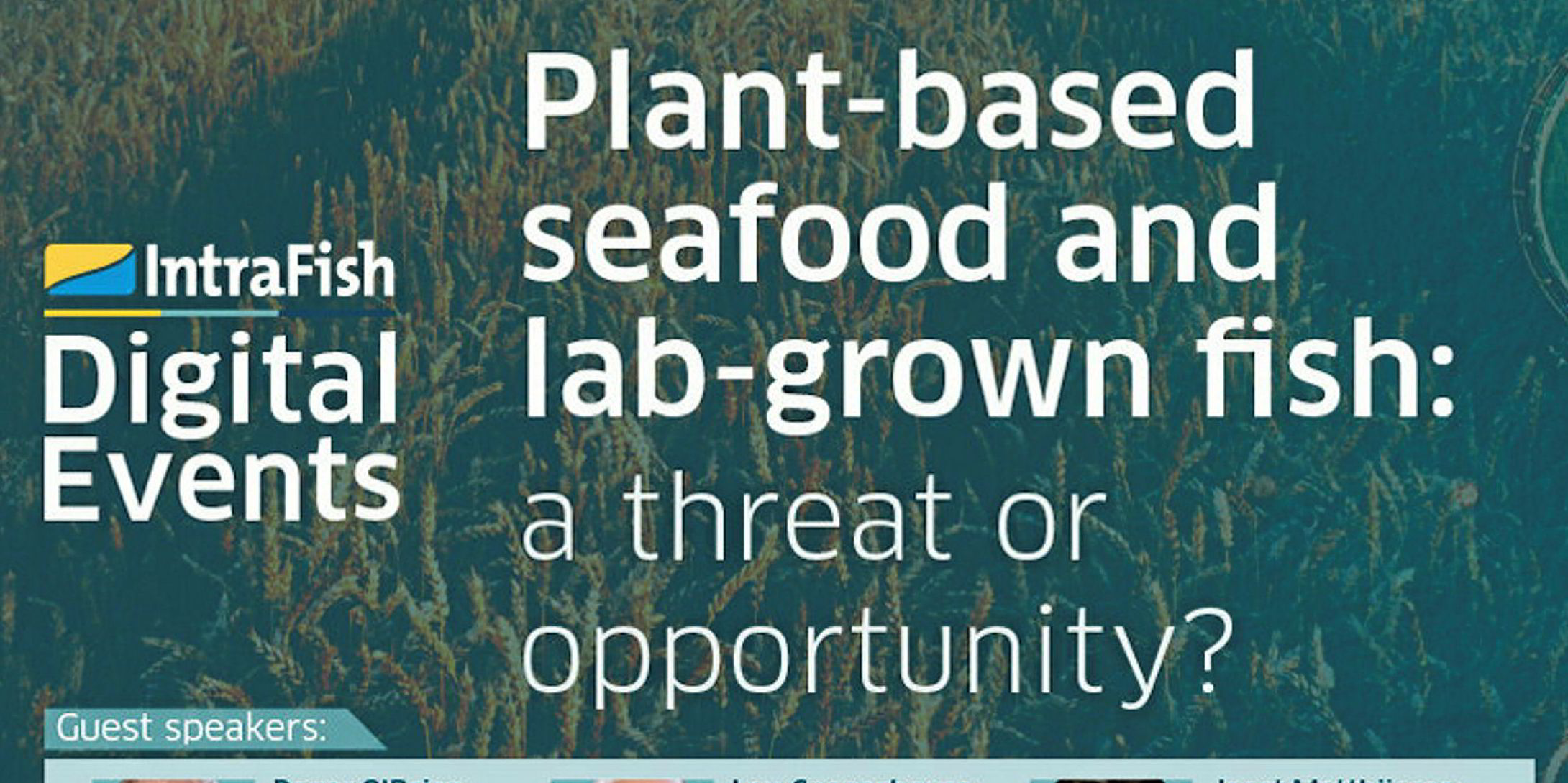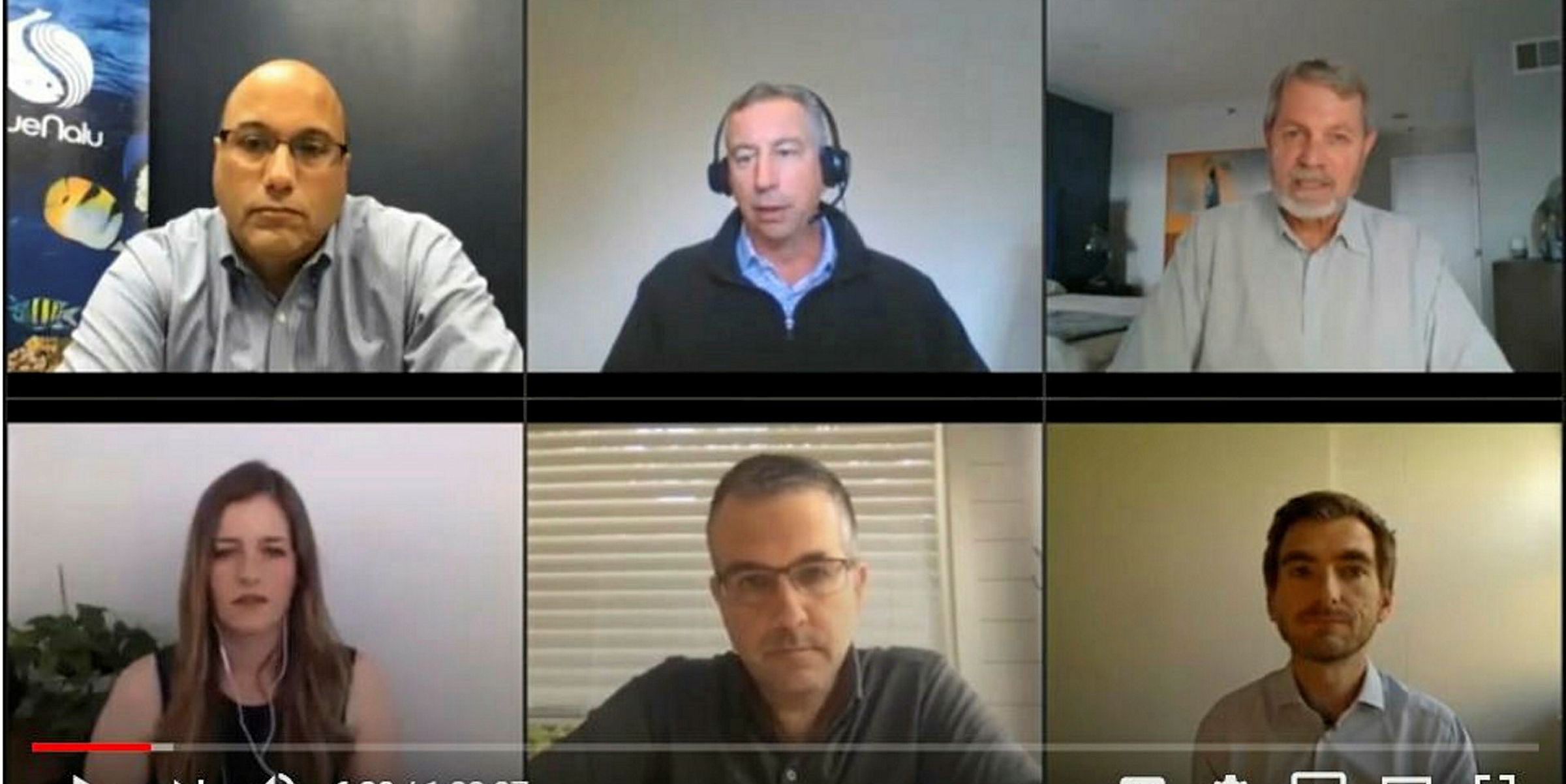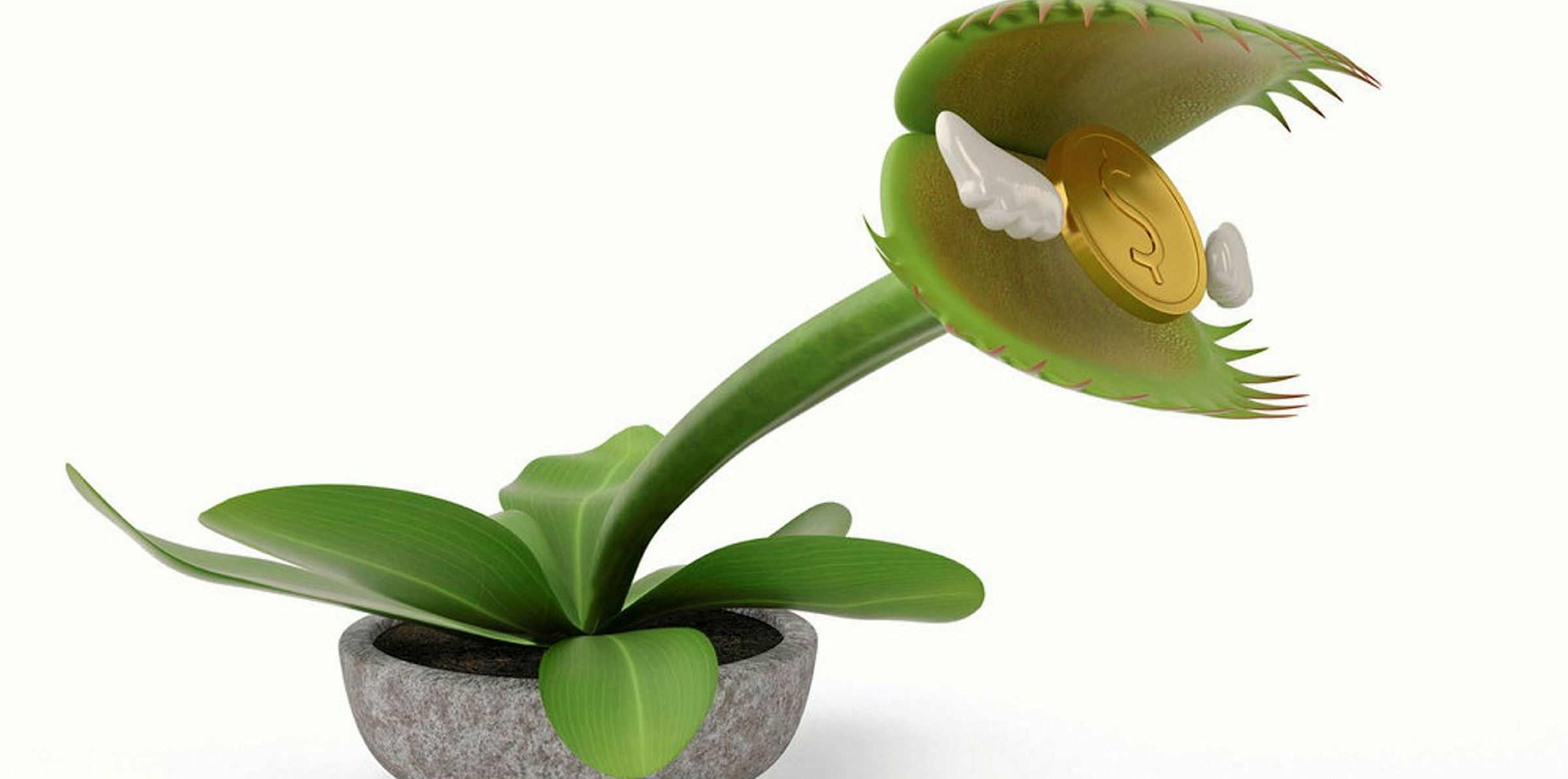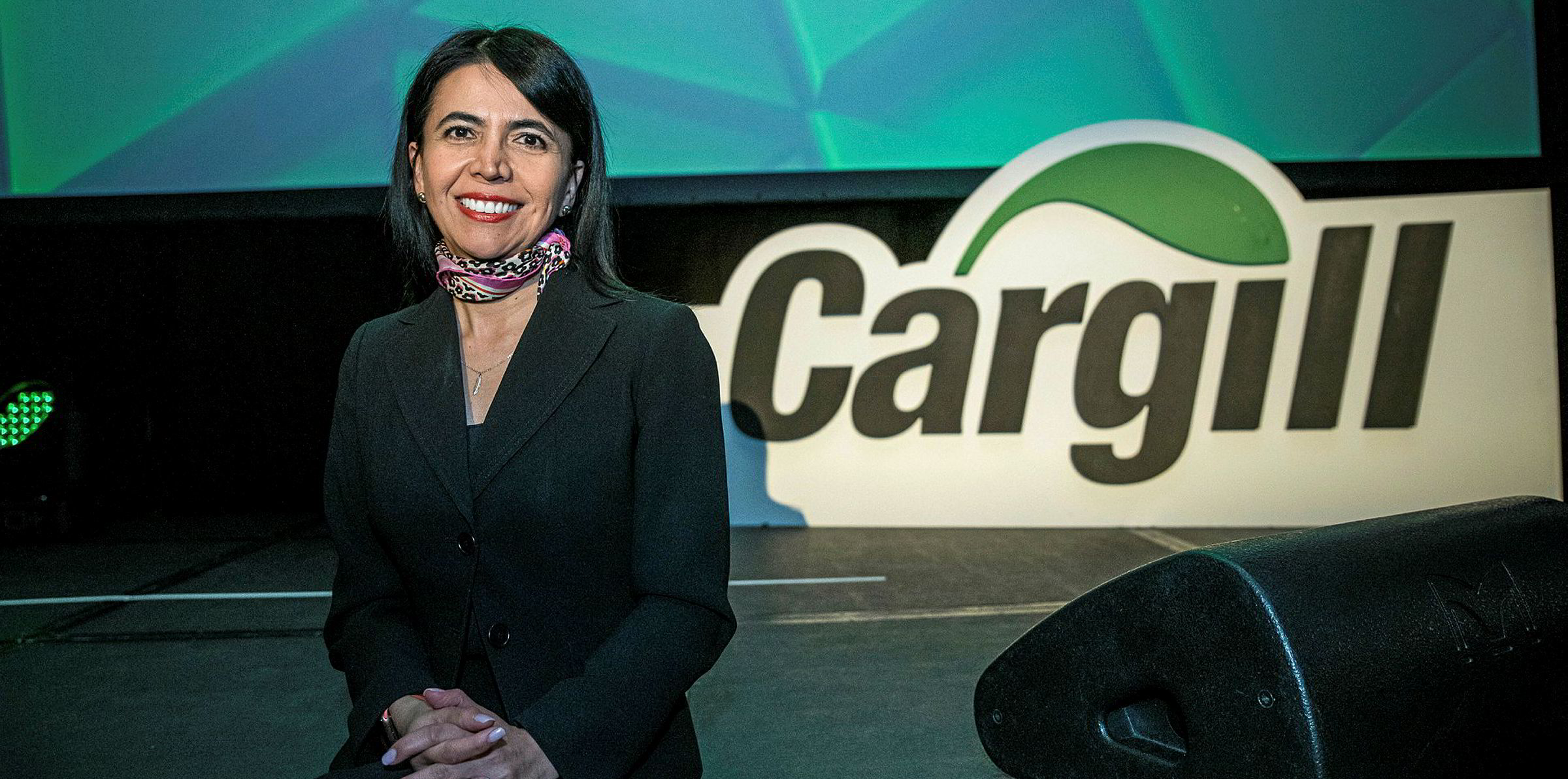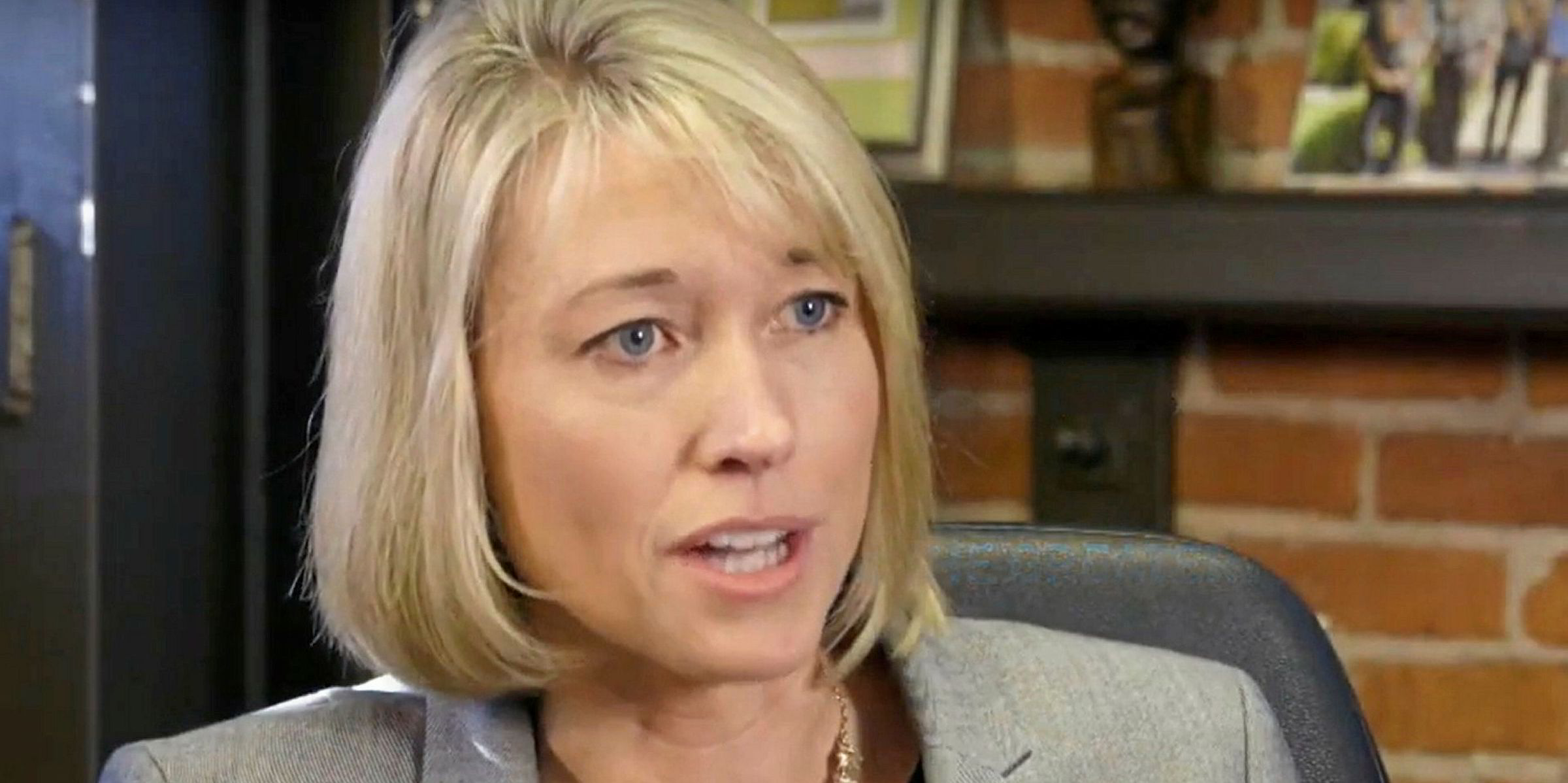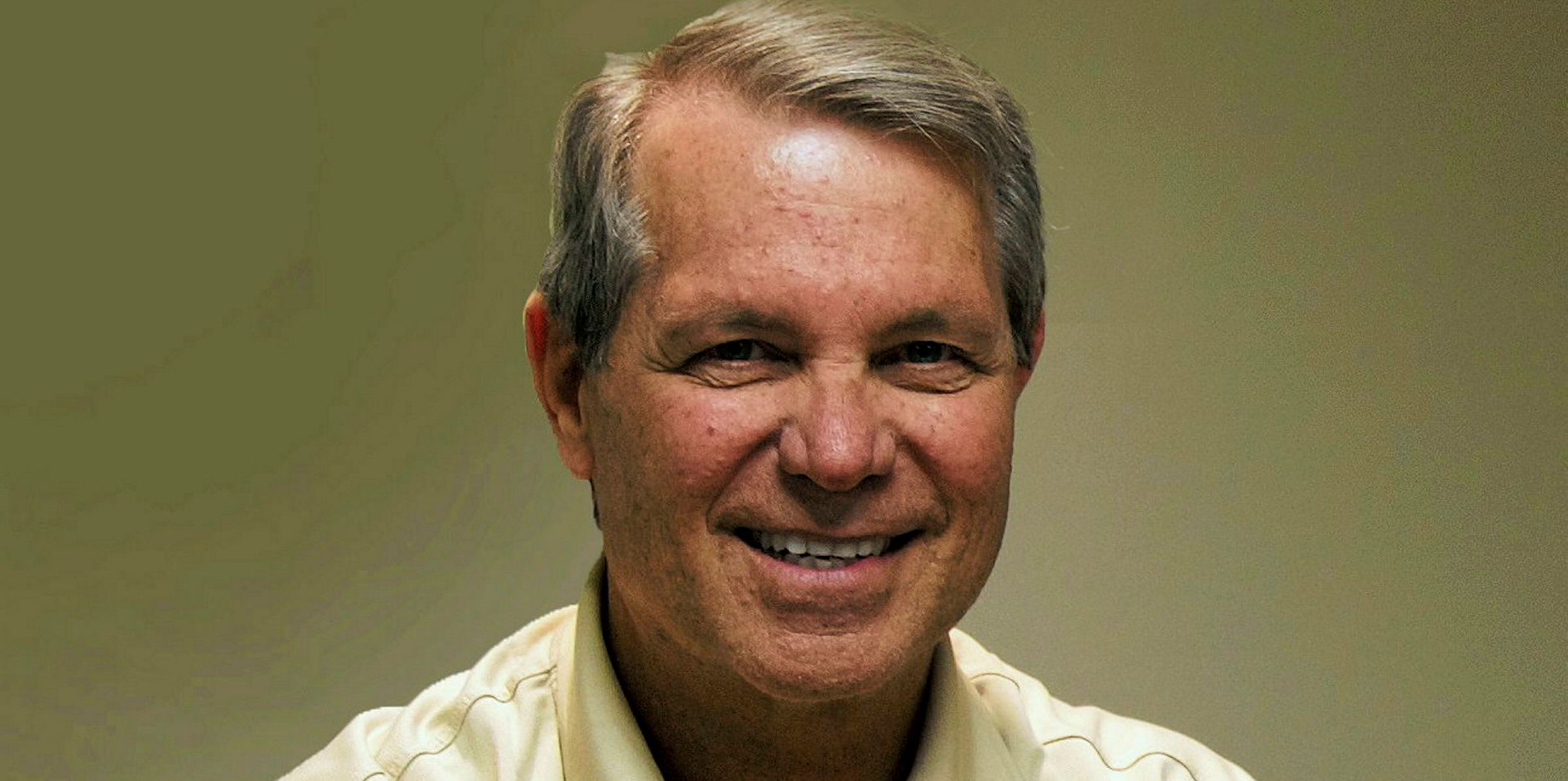IntraFish just concluded its latest Digital Event discussing what the emergence of cell-based and plant-based seafood will mean for the seafood industry, investors, buyers and suppliers.
The seafood industry, initially wary of alternative-seafood products, seems to be embracing the segment, with major groups such as Bumble Bee and German frozen seafood supplier Frosta partnering with suppliers, or launching lines of their own.
Our lineup of speakers at Tuesday's event discussed and debated whether the growing plant-based and cell-based seafood trend is a threat or an opportunity for seafood companies.
Panelists include:
Joost Matthijssen, Investment Director, Nutreco
Dominique Barnes, Co-founder, New Wave Foods
Roger O'Brien, President & CEO, Santa Monica Seafood
Lou Cooperhouse, President & CEO, BlueNalu, Inc.
Chad Sarno, Co-Founder & Senior VP Culinary, Gathered Foods/Good Catch Foods
Make sure to follow us on Twitter: @IntraFish#plantbasedseafood2020
---
Tuesday, May 12, 16:25 GMT
Good Catch Foods eyes global manufacturing facilities
Good Catch Foods’ has made a point to focus on sourcing United States and European grown vegetables, said the company's Chad Sarno.
“We are looking at a number of manufacturing facilities in different parts of the world, including China.”
--
Tuesday, May 12, 16:21 GMT
Demand for alternative proteins by region
Demand for alternative protein is taking shape first in regions where consumers have strong interest in sustainability, primarily North America and Europe, said Nutreco's Joost Matthijssen.
However, the demand for protein in China is massive and demand for alternative protein will follow suit. The industry is still in its early stages of development.
---
Tuesday, May 12, 16:19 GMT
No dinosaurs to be seen here
Cell-based seafood conjures images of Jurassic Park and other such horrors, said Santa Monica Seafood's Roger O'Brien, who questioned how cell-based protein companies will find the money to dispel these images from consumers' minds, citing the challenges that GM salmon companies struggle with.
But Blue Nalu's Lou Cooperhouse brushed aside O'Brien's comments, saying he's unconcerned. In fact, he said, he's very excited by potential consumer response." People have gotten used to invitro fertilization," he said, suggesting consumers are open to new technology.
---
Tuesday, May 12, 16:14 GMT
Huge benefit from little waste
Most of the costs for food production is downline, while there is huge benefit from little waste, said Good Catch Foods' Sarno.
Citing waste in fish and seafood products, Sarno said the opportunity for value-added products is enormous.
--
Tuesday, May 12, 16:10 GMT
Scaling differs for each product
The scaling up process is different for each product, said New Wave Foods' Dominique Barnes
Plant-based companies face the choice between finding a partner or building their own facility, she added. “It takes a lot of time engineering and expertise.”
---
Tuesday, May 12, 16:05 GMT
Not for us
The blending of plant and seafood ingredients into a single product is already being done in China so there is certainly a huge opportunity, said Sarno of Good Catch Foods.
“I don’t see anything wrong with a blended product." It probably won’t be under the Good Catch Brand though, he added.
---
---
Tuesday, May 12, 16:01 GMT
It’s about the consumer…
Consumers are increasingly looking for new options to keep fish in the ocean and animals on land, said BlueNalu CEO Lou Cooperhouse.
“They are increasingly flexitarian in their choices - it’s all about creating another choice and option to feed consumers with more consistency,” he said.
---
Tuesday, May 12, 15:55 GMT
Bumble Bee relationship 'a model for the industry'
Good Catch Foods’ partnership with Bumble Bee is a model, particularly for larger companies, to diversify their portfolio. Sarno of Good Catch Foods.
He said partners in plant-based are benefiting from working with larger companies.
“I can’t say how thrilled we are to be working with Bumble Bee,” he said.
--
Tuesday, May 12, 15:51 GMT
Public confusion
"Forty percent of people surveyed by an external agency thought plant-based seafood items contained seafood, and over 50 percent thought the nutritional value of plant-based seafood products was equal to or greater than that of seafood," said a frustrated Roger O'Brien of Santa Monica Seafood, to back his accusations of mislabeling by plant-based seafood companies.
---
Tuesday, May 12, 15:41 GMT
Algae 'will save the world'
Consumers want transparency and that’s always been complex and challenging, said Dominique Barnes of New Wave Foods.
“I believe algae is going to be something that saves the world in terms of food,” she said.
Tuesday, May 12, 15:40 GMT
'At least we don't contain mercury'
The labeling issue needs to be consistent across the board, said Good Catch Foods' Sarno.
Protein and DHA levels in plant-based foods are very similar to levels in seafood, and plant-based foods don't contain mercury, he said.
---
---
Tuesday, May 12, 15:38 GMT
'Stop calling yourself seafood'
While giving the benefit of the doubt to cell-based seafood products, Santa Monica Seafood's O'Brien, took plant-based seafood companies to task.
There are good companies and bad companies in every industry, he said "and good companies need to be instruments for change."
"I hope that’s what you are," he said, addressing the plant-based companies on the panel. "But on a general basis, I see plant-based as a threat, one because of labeling, two because of nutrition and three because of disparaging marketing, Wrap them all up together, and I have one fix … stop calling yourself seafood."
--
Tuesday, May 12, 15:21 GMT
Cell-based seafood 5 years away
Cell-based seafood startup BlueNalu expects to launch its large-scale factory in five years with an approximate production capacity of 9,000 metric tons per year, said company CEO Cooperhouse.
"Cell-based seafood is another solution for fish that is functionally the same as conventional fish products," Cooperhouse said.
The company's main aim is to create a consistent supply chain.
--
--
Tuesday, May 12, 15:15 GMT
Not so simple...
Roger O'Brien, CEO at Santa Monica Seafood, challenged Joost Matthijssen, investment director for feed and animal nutrition giant Nutreco, on his statement that there is a world protein shortage, claiming there is surplus in many Western markets. Matthijssen agreed the shortages are localized in certain parts of the world, but with China one of those markets set to have a shortage, it is a pretty big issue, he said.
---
Tuesday, May 12, 15:12 GMT
The world needs more protein.
As a supplier to the animal protein value chain, the biggest challenge animal nutrition giant Nutreco sees is producing enough protein for the world.
As such, it is important to embrace new technologies and new protein formats, said Nutreco's Matthijssen. The company recently partnered with alternative protein company BlueNalu.
"Cell-based is a very exciting technology with a lot of potential, but a lot of challenges remain in regulation, technology and the consumer landscape," he said
---
Tuesday, May 12, 15:10 GMT
A serious business
The market capitalization of Beyond Meat, one of the world's leading plant-based protein companies, is just below that of Mowi, one of the world's biggest seafood companies, said IntraFish Editor in Chief Drew Cherry, kicking off the event today.
Of course, seafood is a small part of Beyond Meat's repertoire, but these are serious companies with serious value, in case anyone was in any doubt.
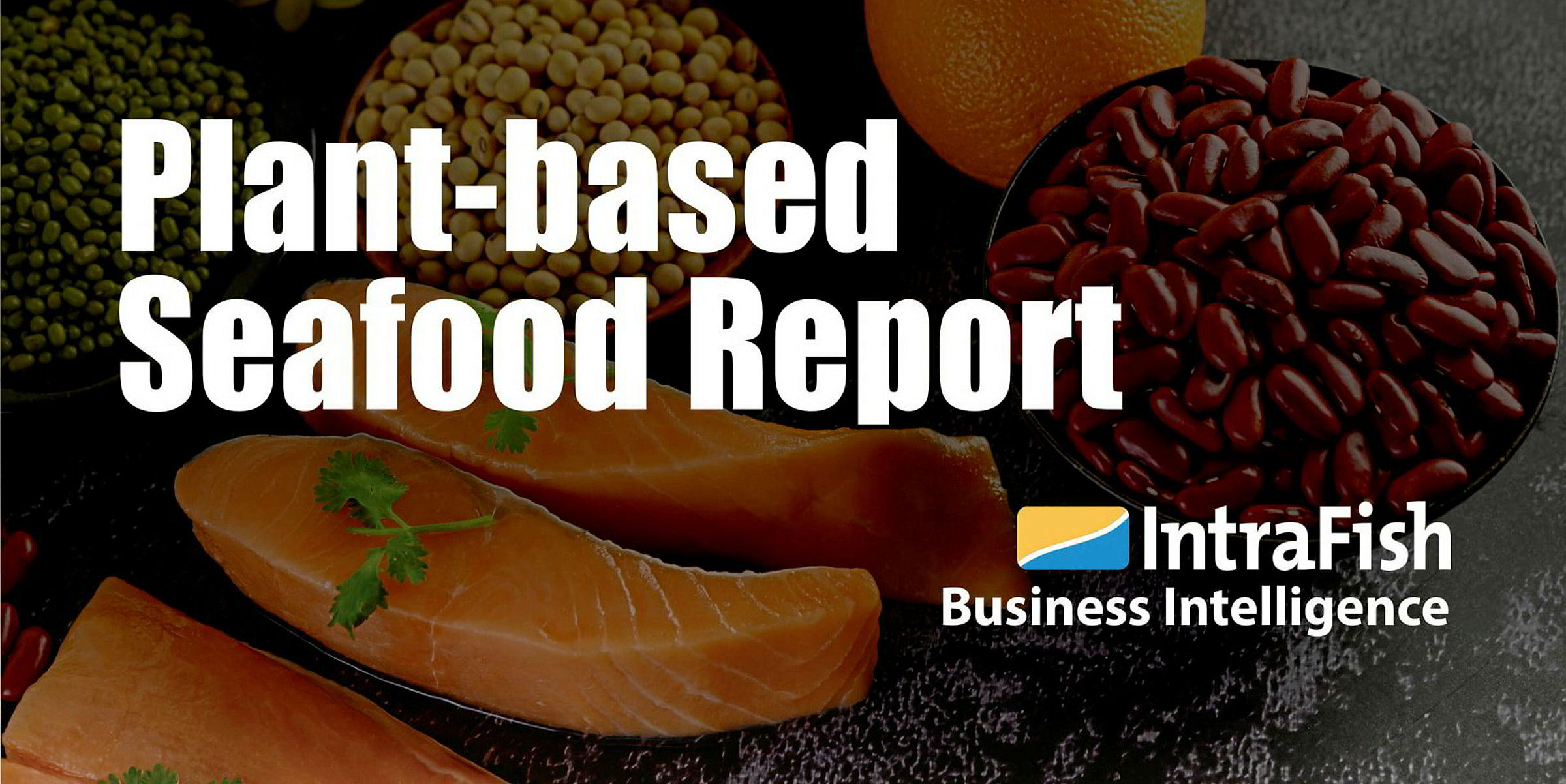
New IntraFish Business Intelligence report is out now: Plant-based seafood: The Threats and Opportunities. Get your FREE sample report today. Report delves into plant-based and cell-grown seafood alternatives, sectors which saw recent rapid growth as a protein source and as an ingredient for making protein-rich foods that mimic shrimp, fish and other seafood products. Reach out to us at Intelligence@IntraFish.com for more information.
--
